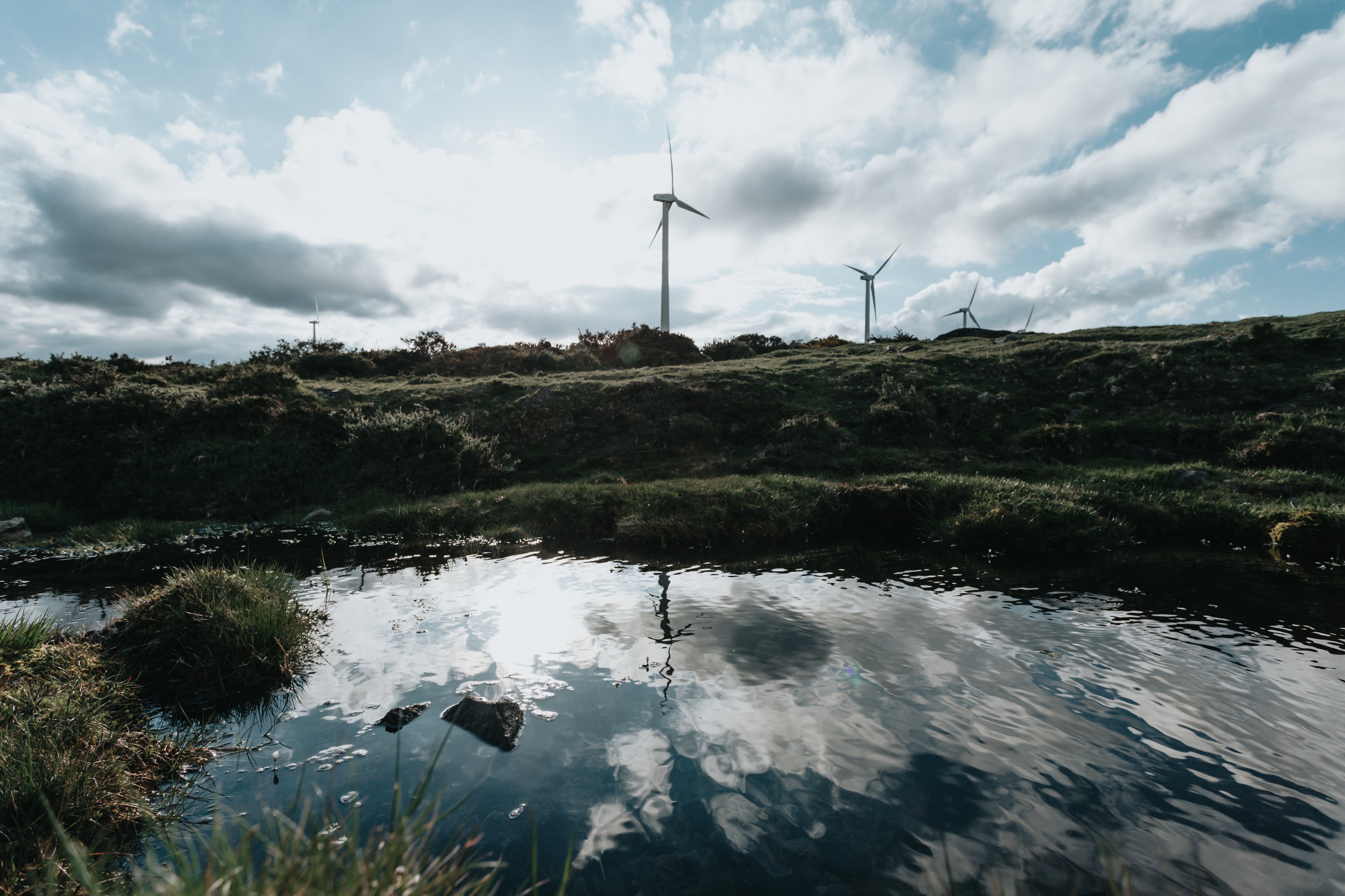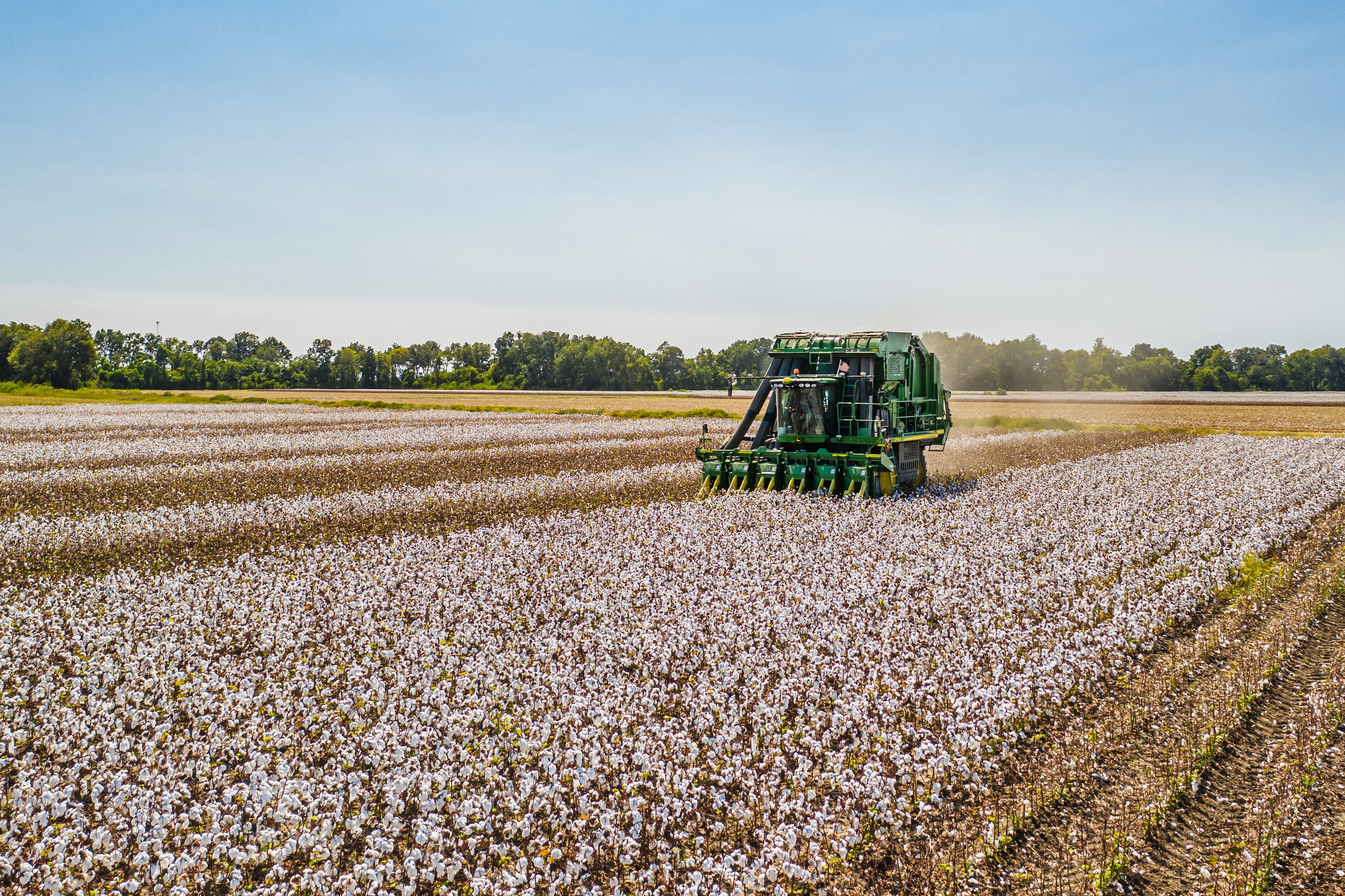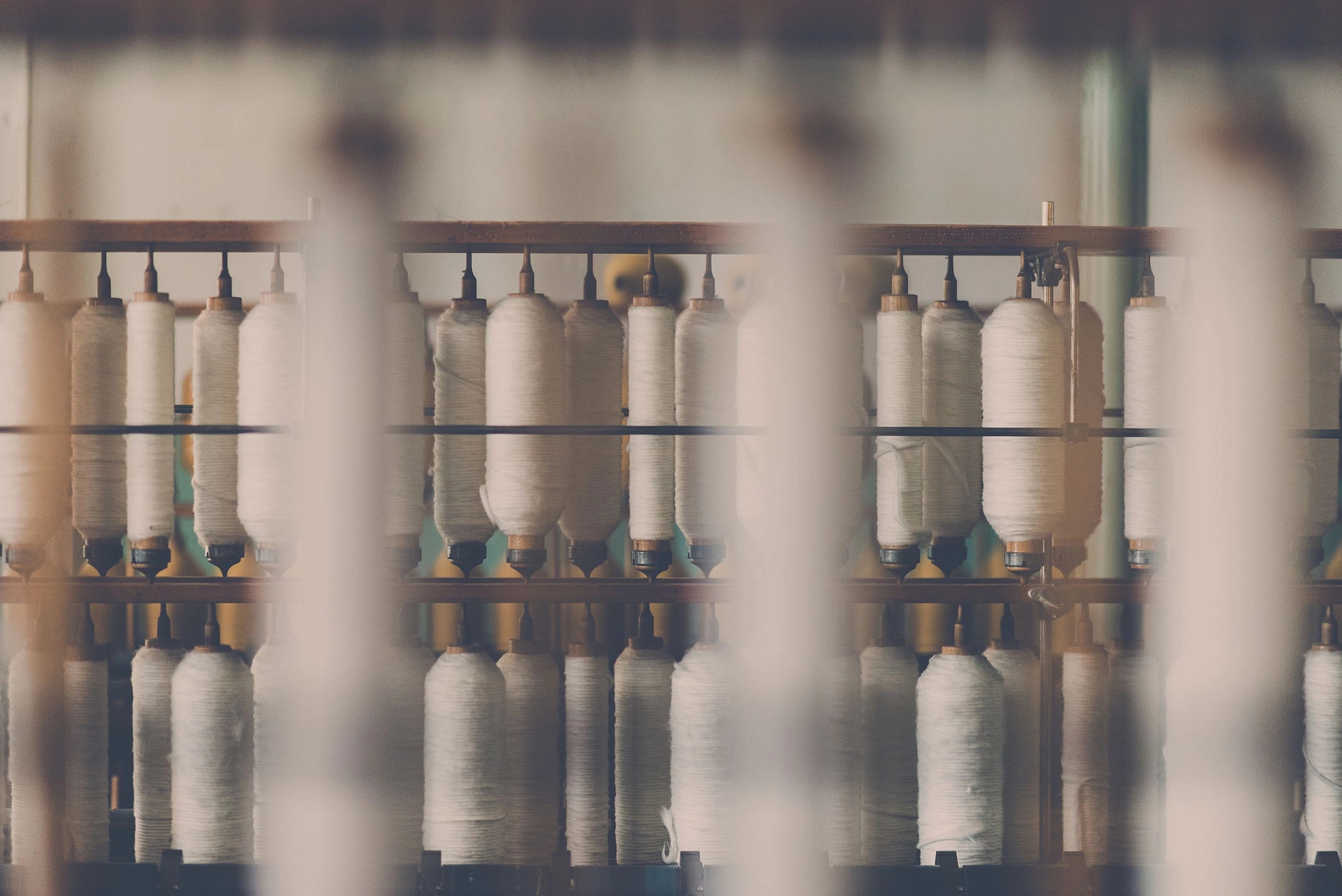
We clean up after ourselves.
Ecommerce deliveries have a carbon footprint. That's why we support verified projects that remove carbon from the air.



Every delivery’s carbon footprint is calculated based on weight, shipping method, and distance traveled. We neutralize these emissions by purchasing verified carbon removal credits from groundbreaking projects.



With your purchase, you’ll join a community of proactive merchants and customers dedicated to a sustainable future. Together, we've removed emissions for over 59 million deliveries and removed over 42 thousand tonnes of carbon.

We work with a network of pioneering carbon removal companies that have been vetted by the commerce platform Shopify.

Sustainability
In simple terms, we care about the environment and the impact we make.
We may be a small business, but we still hold ourselves accountable. Here is what Sequoia Project is not:
-fast fashion
-sourcing from non-vetted manufacturers
-drop shipping products from third parties
-using single-use plastic packaging
-creating excessive waste and not recycling
Everything we use or create, and everyone we choose to work with comes with a calculated decision to make sure we are using the most sustainable and ethical practices we can.
Carbon Neutral Shipping
We ship out every order carbon neutral to help clean up after ourselves (and free of cost to you, of course).
E-commerce deliveries have a carbon footprint. That's why we support cutting-edge companies that remove carbon from the air.
Together, participating businesses have…
-Removed more than thousands of tonnes of carbon from the atmosphere-Provided carbon-neutral shipping for more than millions of orders
Here's how it works: For every order we receive, a formula is used to calculate the estimated shipping emissions. Based on those estimates, a portion of our revenue goes to carbon removal companies that have been vetted by scientists from Carbon Direct. Those companies use that money to remove however much carbon our shipments created. Any extra funds go toward the further development of carbon removal technologies.
Let's meet a few of the companies removing carbon from the sky:
Running Tide
Running Tide is a global ocean health company. They work to restore ocean health and productivity, rebalance the carbon cycle, decarbonize global supply chains, and revitalize coastal communities.

Heirloom
Heirloom's direct air capture technology enhances the carbon mineralization process. Heirloom's technology speeds up the rate at which naturally occurring minerals capture CO₂ rather than using energy-intensive fans to draw air in.
Remora
Remora captures CO₂ from semi-truck tailpipes as they drive, with the CO₂ destined for long-term storage.
Charm
Charm captures CO₂ using plant waste, converts it into a stable, carbon-rich liquid, and safely stores it deep underground—out of reach of wildfires and soil erosion.
Mast Reforestation
Mast is the world’s first and only end-to-end tech-led reforestation company.
As bigger and hotter fires destroy more forestland every year, many landowners are left without good reforestation options. Mast Reforestation uses technology to provide faster and more resilient forest restoration at no cost to the landowner.


Our Manufacturers
B Corp Certification
We try our best to source our clothing from manufacturers that are ethical and sustainable. We work with manufacturers that are B Corp certified.
B Corp Certification is a designation that a business is meeting high standards of verified performance, accountability, and transparency on factors from employee benefits and charitable giving to supply chain practices and input materials. In order to achieve certification, a company must:
- Demonstrate high social and environmental performance by achieving a B Impact Assessment score of 80 or above and passing our risk review. Multinational corporations must also meet baseline requirement standards.
- Make a legal commitment by changing their corporate governance structure to be accountable to all stakeholders, not just shareholders, and achieve benefit corporation status if available in their jurisdiction.
- Exhibit transparency by allowing information about their performance measured against B Lab’s standards to be publicly available on their B Corp profile on B Lab’s website.
They build trust with consumers, communities, and suppliers; attract and retain employees; and draw mission-aligned investors. As they are required to undergo the verification process every three years in order to recertify, B Corps are by definition also focused on continuous improvement, leading to their long-term resiliency.
B Corp Certification is holistic, not exclusively focused on a single social or environmental issue. And the process to achieve and maintain certification is rigorous and requires engaging teams and departments across your company. Taking company size and profile into account, verification involves documentation of your company’s business model and information about your operations, structure, and various work processes, as well as review of potential public complaints and possible site visits. Recertification confirms these standards continue to be met on an ongoing basis.
Read more at B Corp.
OEKO-TEX® is one of the world’s best known labels for textiles tested for harmful substances. It stands for customer confidence and high product safety.
We work with manufacturers that are OEKO-TEX® certified.
The OEKO-TEX® Standard 100 is a testing certification for numerous harmful chemicals, even if they are not yet legally regulated. The certification of products in accordance with OEKO-TEX® Standard 100 is that all parts of an article meet the required criteria. Extensive product checks and regular company on-site visits also ensure that the industry has a globally sustainable awareness of the responsible use of chemicals.
- Important legal regulations, such as banned Azo colourants, formaldehyde, pentachlorophenol, cadmium, nickel, etc.
- Requirements of Annexes XVII and XIV of the European Chemicals Regulation and their safe use REACH
- European Chemicals Agency ECHA
- SVHC Substances of Very High Concern
- Requirements from the US Consumer Product Safety Improvement Act (CPSIA)
- Discussions and developments that are considered to be relevant are taken into account as quickly and effectively as possible through updates to the STANDARD 100 by OEKO-TEX® requirements.
- Numerous environmentally relevant substance classes.
Read more at OEKO-TEX®.
The Better Cotton Initiative (BCI)® is a global not-for-profit organization and the largest cotton sustainability programme in the world.
We work with manufacturers that are part of the Better Cotton Initiative®.
The Better Cotton Initiative (BCI)® exists to make global cotton production better for the people who produce it, better for the environment and better for cotton communities. It is the largest cotton sustainability program in the world and uses members fees to tackle labour challenges that often exist in the farming sector, aiding in the core vision of a world where all cotton farming is sustainable.
Better Cotton trains farmers to use water efficiently, care for soil health and natural habitats, reduce use of the most harmful chemicals and respect workers’ rights and wellbeing. Better Cotton is sourced via a chain of custody model called mass balance.
This means that Better Cotton is not physically traceable to end products, however, Better Cotton Farmers benefit from the demand for Better Cotton in equivalent volumes to those we ‘source.’
Better Cotton is an ever-evolving programme creating new targets for themselves and their members every year.
Better Cotton Initiative works with on-the-ground partners across the world to support cotton communities to build resilience and improve their livelihoods, with a big focus on women’s equality within the cotton farming community and in some cases gaining economic independence and or leadership roles.
Partnering with an organization that improve social, environmental and economic outcomes for the industry we are apart of is important ethos of ours. By choosing our cotton products, you’re supporting our investment in Better Cotton’s mission.
Read more at Better Cotton Initiative®.

Our Materials
Polylana®
Some of our beanies are made with the Polylana® fiber. The evolutionary Polylana® fiber achieves the softness of a synthetic wooly fiber with a significantly lower environmental impact than acrylic. Polylana® fiber is versatile, traceable and 100% recyclable.
It’s all part of their mission to make the industry more sustainable; collaborating with as many partners as possible to draw down their collective impact thanks to higher quality, lower emissions solutions.
Polylana is OEKO-TEX® certified and PETA® approved.
Read more at Polylana®.
Forest Stewardship Council (FSC)®
Our prints, tape, and hang tags are made with FSC-certified paper. As the pioneer of forest certification, the Forest Stewardship Council (FSC)® sets the standard for responsible forest stewardship. Their policies unify a diverse set of stakeholders around common guidelines for forestry that are:
- environmentally appropriate
- socially beneficial
- economically viable
Their open and transparent standards include safeguards to ensure that stakeholders throughout the forest supply chain live up to the principles that protect healthy and resilient forests for all, forever.
Read more at FSC®.
Shipping Materials
We like to use shipping materials that are either recycled, compostable, or upcycled. We try our best to stay away from unnecessary plastic waste.
Our packaging tape is water-activated tape that is both compostable and reusable. It is made with FSC® certified paper and non-toxic soy-based ink. So no need to remove it when you recycle your cardboard boxes.
Our polymailers are made with 100% recycled LDPE (low-density polyethylene, plastic #4) and HDPE (high-density polyethylene, plastic #2) and are certified with the Global Recycled Standard (GRS). They're also made with non-toxic soy-based inks. These are also recyclable, please check with your local recycling agency on how to recycle.
Our padded polymailers are made with 100% post-industrial recycled LDPE on the outside, 20% recycled LDPE on the inside and are GRI certified. They can also be recycled where soft plastics are accepted. They're made with water-based food-safe inks.
Our garment bags are 100% compostable and biodegradable. Made from D42 film—a unique blend of organic materials like cassava root and cornstarch and compostable bio-based polymers—these bags are free from plastics and microplastics. Certified by TUV, ABA, and BPI, they are industrial composting (90 days). They are sourced with cornstarch from non-food-grade, discarded corn, reflecting responsible sourcing and supply chain control.
Our other materials are recycled cardboard boxes, cardboard mailers, and packing paper.

